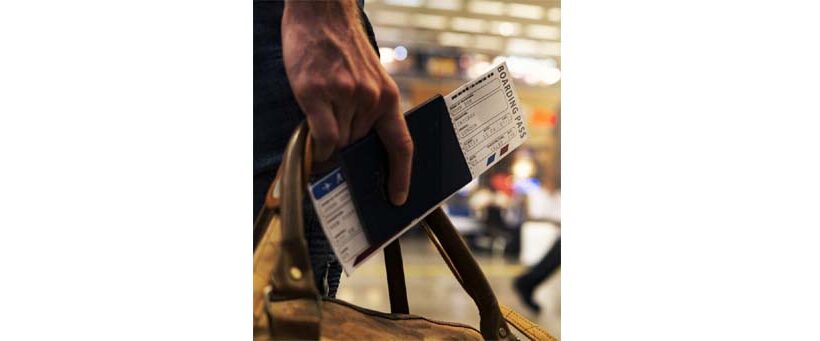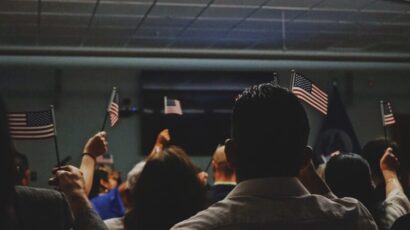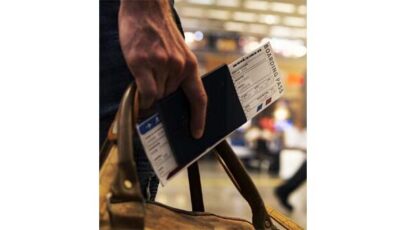Omicron travel rules cause setbacks for international air travel

The new travel restrictions prompted by the Omicron coronavirus variant have dealt a setback to the nascent recovery in international flights, creating delays and headaches in some regions, Reuters reported quoting airline and airport officials.
According to the report, the flurry of new testing rules and border closings have raised concerns ahead of the important Christmas travel season, although some airline bosses said they hope any backward moves will be short-lived.
Global airlines have blamed a patchwork of shifting rules for depressed demand for international travel, which is critical for their return to profit following steep Covid-19 pandemic-related losses in 2020, the report said.
UN agencies specializing in aviation and tourism pleaded on Tuesday for travel restrictions in response to new coronavirus variants to be imposed only as a last resort, the report said.
Japan has banned foreigners, the United States is requiring a Covid-19 test 24 hours before flying, and travelers to Singapore now must be tested daily for seven days after arrival.
“We were seeing accelerating openings until Omicron,” Campbell Wilson, chief executive of Singapore Airlines budget offshoot Scoot, said at a event held in Sydney on Tuesday by the CAPA Center for Aviation, which provides analysis of the aviation and travel industries.
“We have seen basically a pause since then,” Wilson added, the Reuters reported.
“If you put up more obstacles and testing and other things, some people will decide not to travel,” said Peter Kern, chief executive of online travel website Expedia.
Sue Carter, head of Asia Pacific at booking technology firm Travelport, said she has seen some searches go down week on week, adding that traveler confidence tends to be closely linked to government announcements.
A spokesperson for trade group Airports Council International (ACI) World said the global patchwork of travel rules is placing challenges on airport operations and called for better coordination between countries.
At Calgary International Airport, the line upon arrival is longer than it had been before the introduction last week of a plan by Canada to eventually test all passengers arriving from countries other than the United States, an airport spokesperson said.
Since Canada’s announcement, random testing at Calgary’s airport has increased to cover most arriving passengers, with the airport working with partners to make the roll-out “as smooth as possible,” airport spokesperson Krista Ouellette said.
The Public Health Agency of Canada did not immediately respond to requests for comment.
A Reuters reporter departing from a US airport to Montreal last week had to repeatedly inform airline agents of an update that exempted Canadian passengers returning to the country after less than 72 hours abroad from needing a Covid-19 test.
Rules brought in after the discovery of Omicron are just the latest in “a constant state of change,” said Leslie Dias, director of airlines for the union Unifor representing customer service workers at carriers including Air Canada.
In Australia, fully vaccinated travelers to Sydney and Melbourne must now isolate at their home or a hotel for 72 hours after arrival. An earlier policy of no isolation led Hawaiian Airlines to add five weekly Honolulu-Sydney flights starting this month, rather than an initial plan for three, its chief executive Peter Ingram said.
“I will tell you the airplanes are not going to be full on the very early days,” Ingram said of the route. “But we are seeing pretty good bookings over the holiday period into January. So we think it is it is going to recover.”
Health experts are gauging whether the new variant causes as severe illness as other variants.
Qantas Airways Chief Executive Alan Joyce said his hope is that once more is known about Omicron, the 72-hour isolation requirement would be removed.
“We still haven’t figured out whether this is a spanner in the works or a fly in the ointment,” Association of Asia Pacific Airlines Director General Subhas Menon said of Omicron. “From what we see now, it looks more like a fly in the ointment that is still good for using.”















